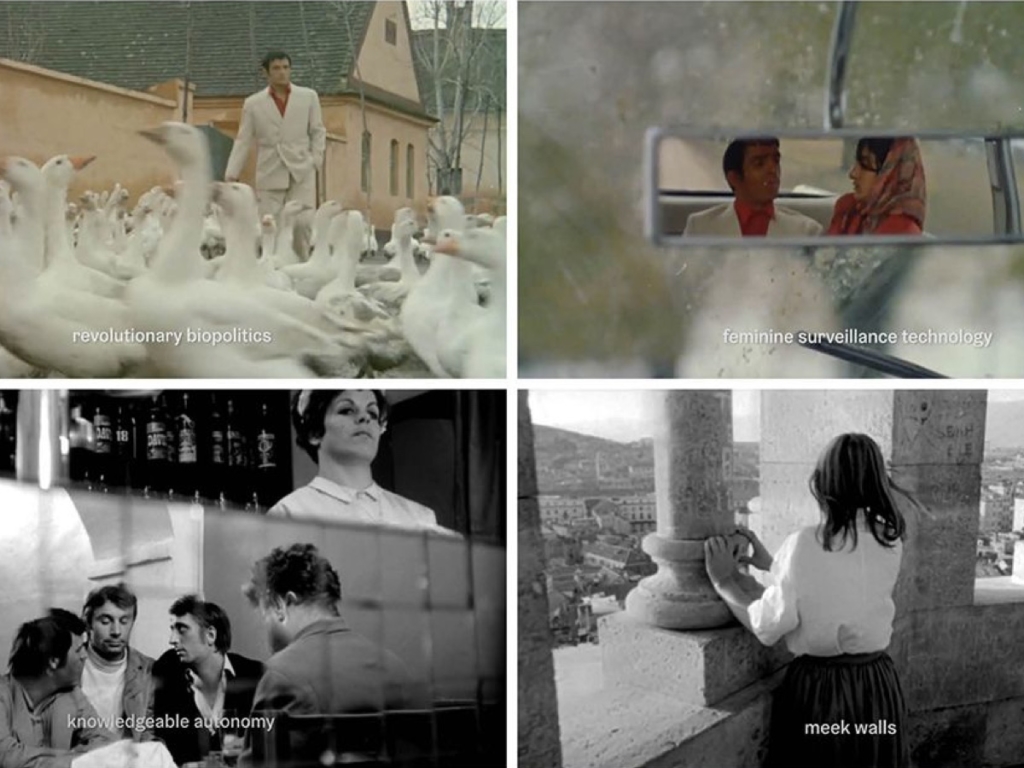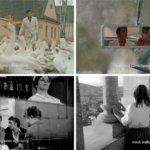Since our lives are rapidly moving within the digital realm, it is now urgent to (re)evaluate the meaning of the intangible heritage of our virtual environments. The lecture emphasizes the necessity of (re)questioning borders of uncertain past, acute present, and desired future within cinematic spaces by rethinking the practice of archiving and expanding it into the digital realm. By looking closely into Hito Steyerl’s re-readings of Walter Benjamin with the recognition of the ‘image as object,’ not merely as representation, the idea of ‘activating’ an object could be a starting point or a productive force in the new approach towards the digital heritage, advancing the transformation of our everyday reality. At the same time, it questions what roles cinematic spaces can have in the ‘future of our past,’ since they are not neutral as the film is a form of expression and a product of an ‘uncertain’ collective memory. If invisible memory is becoming visible, ‘shaped’ within the ‘act of remembering’ through cinematic spaces, could nostalgia be seen as an instrument for retrieving our collective memory? Or, could it be used as a critical thinking tool for overwriting memory that affects the ‘post-truth’ era?
This KISDtalk is one of two talks held on the 24th of May and can be joined in room 11 or online via Zoom.
Kennwort: KISD
For information on the other topic, see here.
These KISDtalks are part of International Week.
Nina Bačun,
is a multifaceted designer, researcher, and educator exploring the domains of speculative/conceptual design, exhibition/set design, and film art/visual communications. She uses holistic and transdisciplinary approaches as seen in her work within the Oaza* collective from Zagreb, Croatia. She obtained her MA in Design at the Faculty of Architecture in Zagreb in 2007, and her second MA in Experience Design at the Konstfack in Stockholm in 2011. She is currently exploring the intersections of design, architecture, the built environment, and the moving image within the doctoral program of Architecture and Urban Planning in Zagreb, where she is assistent at the School of Design.
* Since 2013 Oaza – an all-female collective – has been continuously involved in art and design research-based projects in the domain of the independent cultural sector. (www.o-a-z-a.com, www.oazabooks.com)
Details
Date
Time
Starts in



